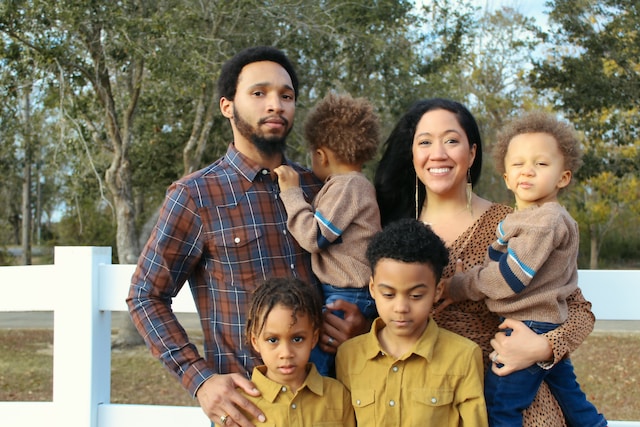Divorce is one of the most stressful life events, especially for the children at the center of the split. While you and your spouse may try to shield them from the realities of the divorce, they may be thrust into the center when they are asked about their preference for custody. Unfortunately, many are unaware of the weight a child’s preference is given during a custody matter, which is why it’s in your best interest to continue reading. The following blog and Morris County child custody lawyers can help you navigate this situation and the impact your child’s opinion can have on these matters.
What Factors Influence a Custody Decision?
It’s important to understand that, in New Jersey, custody decisions are made by considering a number of factors and how they impact the best interests of the child, as the state adheres to what’s known as the “child’s best interest standard.” This means they prioritize the health, well-being, and happiness of the child above all other factors when making decisions on how both physical and legal custody should be divided. As such, the court will examine the following factors to make a decision on how custody should be split between the parents:
- The health and mental state of each parent
- The income and job demands of each parent
- The ability of each parent to provide a safe and stable home for the child
- The willingness of each parent to cooperate
- The ability of each parent to adhere to a custody arrangement
- Where each parent lives in relation to one another
- Where each parent lives in relation to the child’s school, community, and extracurricular activities
- Any allegations of abuse or neglect by either parent
- Any allegations of substance abuse by either parent
Do the Courts Consider a Child’s Preference?
It’s a misconception that the court will not take the preference of a child into consideration when examining custody matters. However, it’s important to understand that this is not true, as the court does take the thoughts of the child into consideration, though it is not the deciding factor. In addition, the court will weigh the opinion of the child based on their age and maturity.
For example, a nine-year-old child who wants to live with their mother because she takes them to the park frequently would not be given much sway in the decision. However, a fifteen-year-old who wants to live with their father because he provides more stability and routine than their mother will be given more weight.
As you can see, the court will consider a child’s preference when the child is deemed mature enough to share their opinion, and that opinion will be considered based on the child’s reasoning and understanding of the circumstances. As such, it is generally in your best interest to connect with an experienced attorney with the Leslie Law Firm, LLC, to explore your legal options if you are going through a divorce in which child custody is a factor. Our team will do everything possible to help you and your family achieve the best possible outcome for your unique circumstances.



